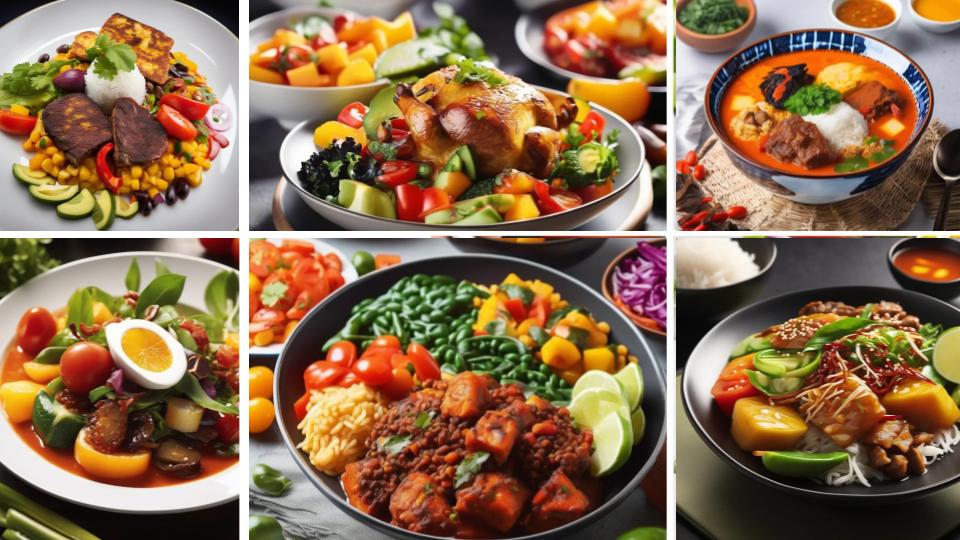
Global Food Culture: A Rich History Uncovered
Global Food Culture: A Rich History Uncovered
Food is so much more than sustenance; it’s a window into the history, culture, and connections that unite us across time and geography. Today, let’s take a flavourful journey through the global history of food culture, exploring how our favourite dishes and culinary traditions came to be.
Ancient Civilizations and the Beginnings of Cuisine
The roots of food culture trace back to ancient civilizations like Mesopotamia, Egypt, and China. The Mesopotamians cultivated grains, while Egyptians thrived on the rich produce along the Nile, giving birth to breads and grains that still form a foundation in global diets today. In ancient China, rice, soybeans, and tea became staples, setting the stage for one of the world’s oldest continuous culinary traditions.
Spices and the Silk Road
The Silk Road, beginning around the 2nd century BCE, wasn’t just a trade route for goods; it was a channel for culinary knowledge, spices, and techniques. Nutmeg, cinnamon, and pepper were in high demand, influencing European cuisine and sparking exploration. Imagine how different the flavours of today would be without this ancient exchange!
The Age of Exploration and the Columbian Exchange
The Age of Exploration introduced the world to new continents and ingredients, including tomatoes, potatoes, corn, and cacao from the Americas. These foods became global staples—think Italian cuisine without tomatoes or Swiss chocolate without cacao. This “Columbian Exchange” permanently altered diets and culinary practices around the world.
Food in Social and Religious Rituals
From Diwali sweets in India to Japan’s tea ceremony, food has always played a role in social and religious rituals. Traditions passed through generations reflect cultural identity and often revolve around special dishes and family recipes that make each gathering memorable and significant.
Fusion Cuisines and Migration
Colonization and migration created fusion cuisines, blending flavours from different cultures, such as Peruvian-Japanese dishes and Cajun food, which mixes French, Spanish, and African influences. Fusion foods are a testament to the adaptability and creativity of food culture, inspiring dishes like sushi burritos and Korean tacos.
Globalization and Modern Food Culture
Today, global food culture is incredibly accessible thanks to social media, international travel, and the spread of popular dishes. Foods like sushi, tacos, and pasta are enjoyed worldwide, but there’s also a movement to preserve and respect traditional recipes. Many chefs and food lovers celebrate cultural heritage, ensuring ancient flavors remain alive in modern kitchens.
The Legacy of Food Culture
Food carries a powerful legacy, serving as a way to connect to heritage and identity. Traditional recipes, family meals, and community festivals all celebrate the unique stories behind each dish. As we enjoy our meals, we’re part of a shared history that reminds us of the resilience, creativity, and unity food has always inspired.
Final Thoughts
Understanding food culture enriches our appreciation of every meal, connecting us to diverse histories and traditions. From the Silk Road spices to fusion flavours today, each bite tells a story of human connection and the flavours that bind us across time and place.